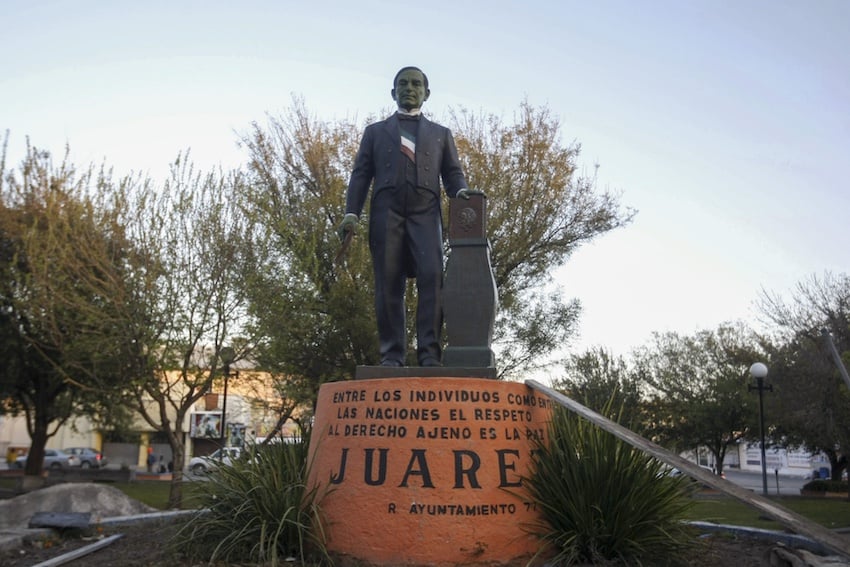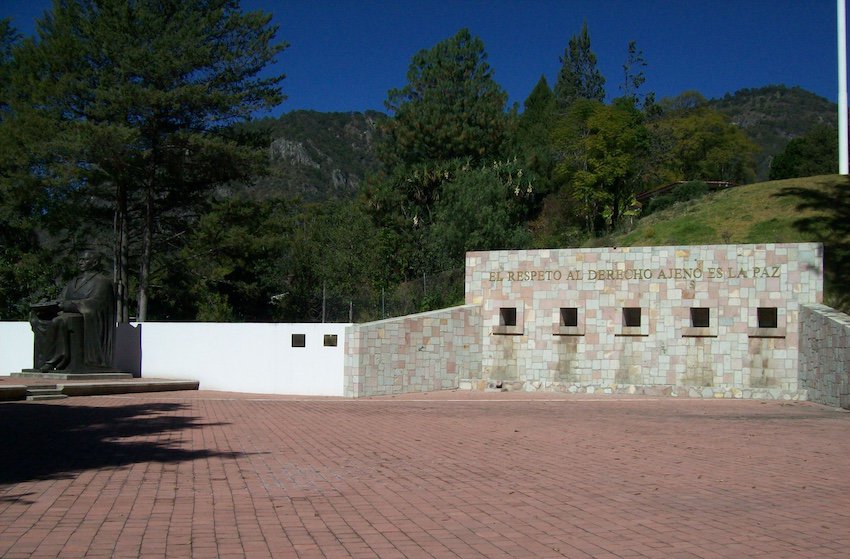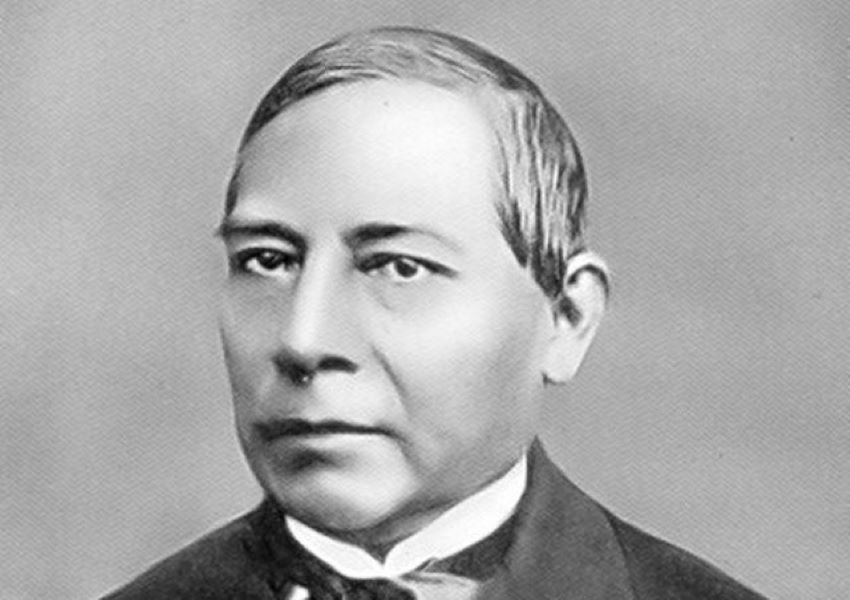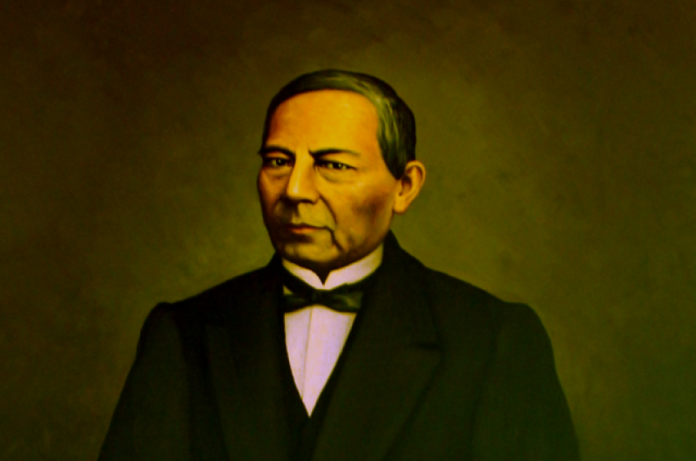March 21st commemorates more than just the start of spring; it’s the day that Mexico celebrates the birthday of Benito Juárez — with a public holiday falling on the first day of that week to mark the occasion.
You might recognize the name Benito Juárez from street names around the country, school history books, trendy colonia Juárez in Mexico City, Ciudad Juárez in the state of Chihuahua or the Benito Juárez International Airport in Mexico City, one of the biggest in the world. But, why is Benito Juárez so important?

Benito Juárez was Mexico’s first Indigenous president and 17th overall. He governed for 14 years, from 1857 to 1872, and was responsible for the two main reforms that shaped Mexico: Support for the Constitution of 1857, and a series of laws called the Laws of Reform. These laws secularized education, broke up large landholdings and limited the influence of the clergy in government affairs. With these moves, Juárez sought to transform Mexico into a more equitable and progressive society.
Many historians believe Benito Juárez’s presidency was responsible for consolidating Mexico as a Republic and setting it on the path to becoming the country it is today.
Early life and education
Benito Juárez was born on March 21, 1806, in San Pablo Guelatao, Oaxaca (now called Guelatao de Juárez). Juárez was orphaned very early in his life, and the rest of his upbringing was highly influenced by religious education. Eventually, he moved to the town of Oaxaca, where he pursued an education in law at the Institute of Arts and Sciences of Oaxaca. He became the first ever person from the school to graduate as a lawyer.

Fifteen years later, Juárez became governor of Oaxaca. In that role, he created roads, founded schools, reorganized the National Guard and left the Treasury in surplus.
After governing Oaxaca for five years, Juárez was named Justice Minister under the government of President Juan Álvarez. As minister, he created the Juárez law, which eliminated “special courts” that judged members of the clergy and the army in civil trials, which gave more lenient punishments or in many cases, no punishments at all.
This was the first law of many to come.
Benito Juárez’s presidency
Benito Juárez became president only 36 years after Mexico gained independence from Spain, and nine years after the country lost half of its territory to the United States. It was a politically turbulent time in Mexico when the country faced foreign intervention and civil strife. The measures Juárez took to pacify and reform Mexico during his government became the basis for the prosperity that the country experienced over the following decades.
“If we’re able to, as I hope, ensure permanent order and tranquility, I will have satisfied the biggest of all my wishes and will be buried with the conviction that our country will be grand and happy in the future,” he wrote.

Here are some of the things Benito Juárez did after becoming president
- He triumphed in the face of France’s intervention between 1862 and 1867 and preserved Mexican independence and sovereignty;
- His constitutional reform included strengthening and achieving balance between all three powers of the Republic and re-establishing the Senate;
- He made primary school obligatory;
- He established civil marriage, which took power away from religion and made marriage a civil contract with the State;
- The establishment of a Civil Registry, which was previously controlled by the church;
- Passed the “Cult Freedom Law”, which permitted anyone to choose and practice their own religious beliefs.
Other facts about Juárez
- He was one of two presidents whose term ended due to their death. The other was Venustiano Carranza (1917-1920).
- He was 1 meter and 37 centimeters tall (4’6’’).
- He was of Zapotec descent.
- In addition to Zapotec and Spanish, he could read and write in Latin, French and English.
- The city of Ciudad Juárez in Chihuahua is named after him because in 1863 he moved his government there to protect himself from conservative and monarchist supporters who sought to overthrow his rule.
- He is responsible for one of the most celebrated phrases in Mexican history, and widely known by most Mexicans: ”Among individuals, as among nations, respect for the rights of others is peace.” (Entre los individuos como entre las naciones, el respeto al derecho ajeno es la paz.)
Benito Juárez’s impact on Mexico cannot be overstated. His dedication to reform and democracy transformed Mexico into a modern republic and away from the imperialist and monarchical state that it had been before. Thanks to his unwavering commitment to democracy, social justice, Indigenous rights and national sovereignty, he remains an example and inspiration to the country as a whole.
As we continue to navigate the challenges of globalization and the modern era, let’s hope Juarez’s reforms continue to resonate with leaders striving for a better future.
Montserrat Castro Gómez is a freelance writer and translator from Querétaro, México.
